Tip #5: Pass the 'Airport' Test.
During the internship, no doubt it's crucial to demonstrate analytical and technical skills. However, it is equally if not more important to be someone your colleagues enjoy being around.
✈️ The "airport test" is a concept used in consulting and other industries to gauge if someone is likable and engaging enough that colleagues would enjoy spending time with them, even in an unexpected situation like being stuck at an airport.
Here are a few tips to help you pass the airport test and effectively build rapport with your team:
1. Be Approachable and Friendly: Start the day with a warm smile and a cheerful "Good morning!" This makes you seem more welcoming and easy to approach. Engage in small talk by asking about things like someone's weekend to show genuine interest.
2. Engage in Small Talk: Keep conversations lively by staying updated on current events or sharing your own hobbies. Mentioning something fun you did recently can encourage others to open up and make interactions more engaging.
3. Show Genuine Interest: Listen actively and remember personal details about your colleagues. If someone talks about their child’s soccer game, ask how it went next time you chat. This demonstrates that you care and helps build stronger connections.
4. Balance Professionalism and Fun: Focus on delivering your best work and participating in meetings during office hours. At the same time, be open to joining team activities like after-work events or lunches. It’s important to show that you’re both dedicated and enjoyable to work with.
By following these tips, you’ll not only be seen as a competent professional, but also as a likable and engaging colleague, multiplying your chances of securing a full-time offer at the firm.
Tip #6: Know Your ‘Evaluation’ Criteria
As an intern at a top consulting firm, it’s crucial to know what you’ll be evaluated on. Understanding these criteria helps you focus on what matters most and ensures you can demonstrate your skills effectively. Being clear on what’s expected allows you to align your efforts with the firm’s standards and show your potential.
Key Evaluation Criteria and Parameters at Top Consulting Firms’ Internships:
1. Problem-Solving
- Analytical Thinking: Demonstrating the ability to break down complex problems into manageable parts and identify effective solutions.
- Decision-Making: Making informed decisions based on data and thorough analysis, while considering potential risks and outcomes.
2. Managing Work
- Time Management: Prioritizing tasks efficiently and meeting deadlines without compromising quality.
- Resourcefulness: Utilizing available resources effectively and finding ways to overcome obstacles.
3. Communication
- Clarity and Conciseness: Conveying ideas clearly and succinctly, whether in writing or verbally.
- Active Listening: Engaging with colleagues and clients, understanding their needs, and responding appropriately.
4. Teamwork
- Collaboration: Working effectively with team members, sharing knowledge, and supporting collective goals.
- Adaptability: Being flexible in response to team needs and changes, and contributing to the team's success.
Internship projects are short and fast-paced. Regular self-assessment, combined with feedback from your team, will significantly enhance your skills and ensure a successful internship. This practice not only helps you identify areas for improvement but also accelerates your personal and professional growth.
Tip #7: 5 Steps to Perfect an 'Every Draft, FINAL Draft' Habit
During the internship, you want to project yourself as a high quality professional. Inculcate the mindset of ‘every draft, final draft’.
This mindset ensures your work is polished, professional, and reliable from the start, minimizing the need for revisions and building trust with your team. It showcases your commitment to excellence and establishes a high standard for your contributions.
5 Steps to a "Final Draft" Mindset
- Clarify What Is Expected: Before you begin, make sure you understand the goals, requirements, and audience for your work. This clarity helps you stay focused and ensures your work meets expectations.
- Bounce Off Your Approach Before Deep Diving: Discuss your initial ideas and approach with a mentor or project colleague before diving deep into the work. This can provide valuable insights and help refine your direction early on.
- Thoroughly Self-Review the Output: Conduct a meticulous review of your draft. Check for accuracy, coherence, and completeness, and make sure every detail is as it should be.
- Get Project Mate Feedback Before Submitting It to the Manager: Share your draft with a team member for feedback. Their perspective can highlight areas you might have overlooked and suggest improvements.
- Reflect on Feedback and Iterate Quickly: After receiving feedback, reflect on it and make necessary changes promptly. This iterative process ensures your draft evolves into a polished, final-quality document quickly.
By following these steps, you’ll ensure that each draft is ready to be the final version, demonstrating your dedication to high-quality work and fostering a reputation for reliability and excellence. This approach will put you in a great position to impress the consulting team and secure a full-time offer.
Tip #8: Leverage 'Feedback Culture' to Your Advantage.
Consulting firms are known for their strong feedback culture, which helps everyone keep growing and improving. As an intern, using this feedback well can really boost your skills, make sure you're meeting the firm's expectations, and improve your chances of landing a full-time job.
Here are five tips to help you make the most of the feedback opportunities during your internship:

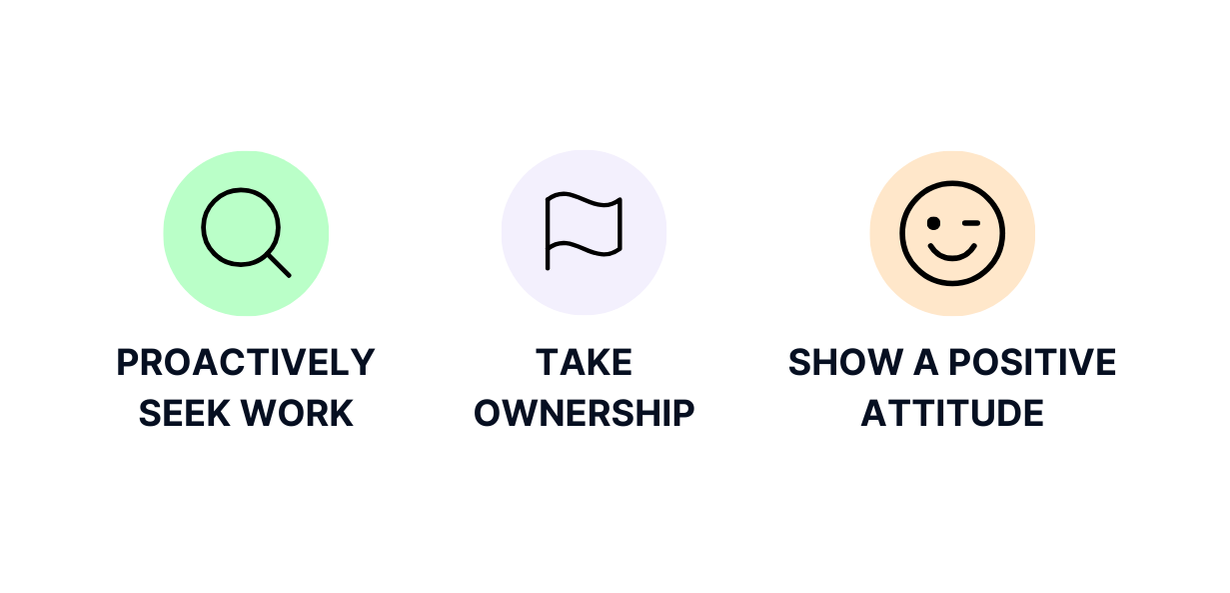
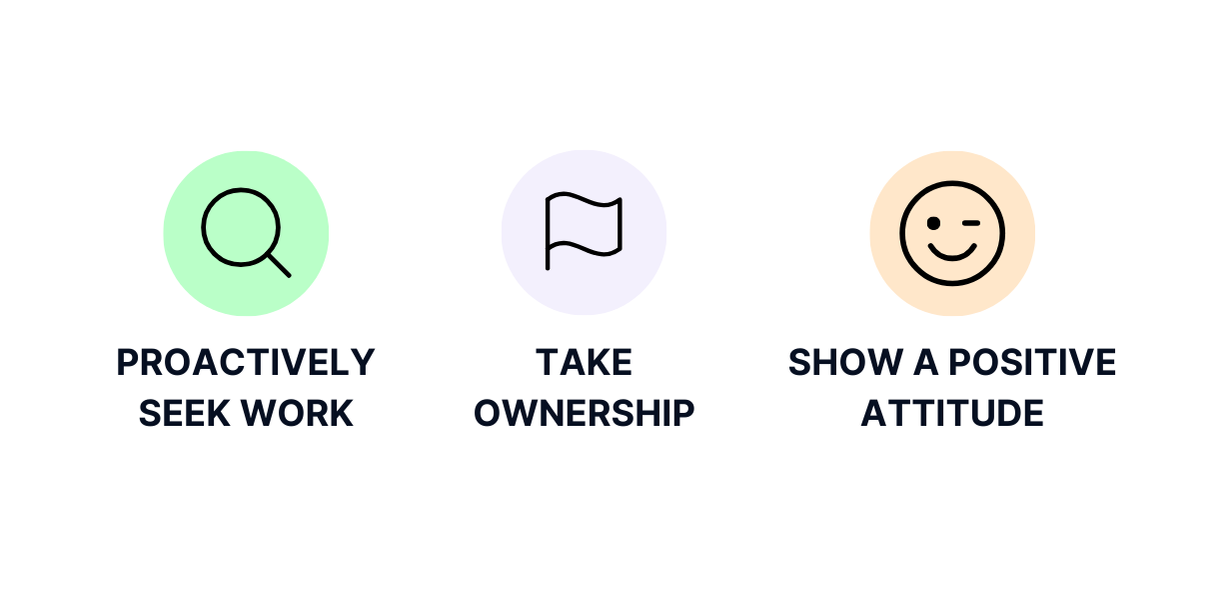

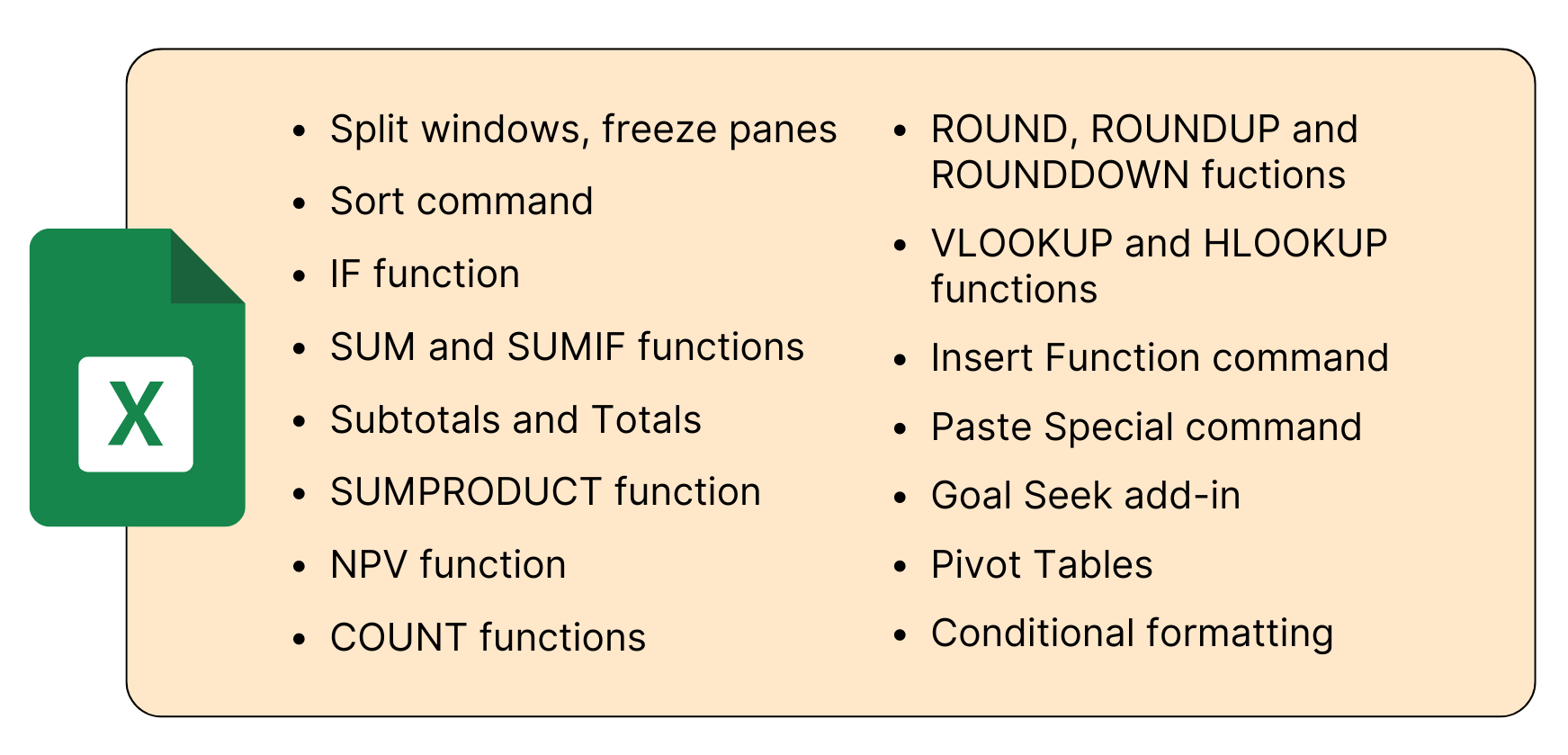
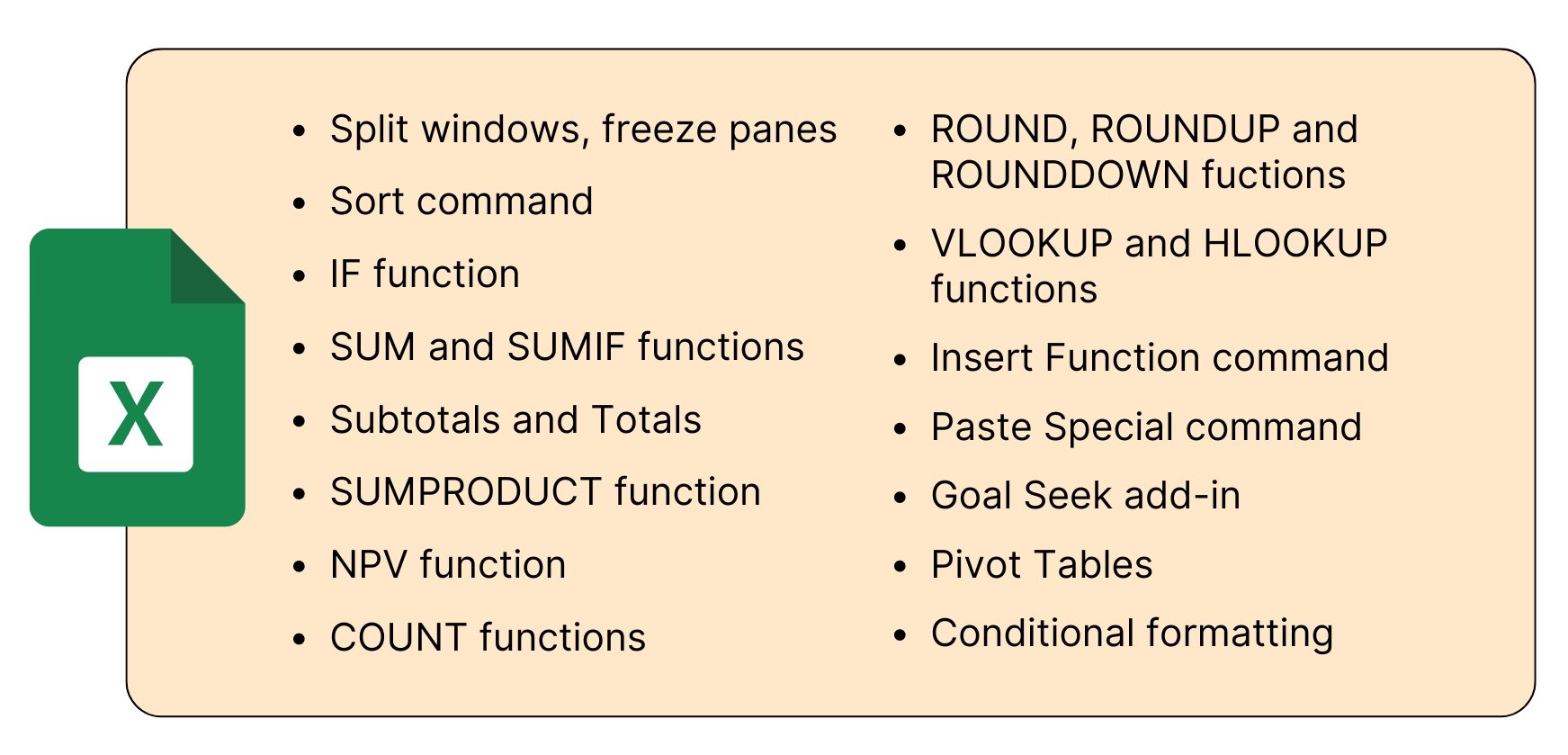
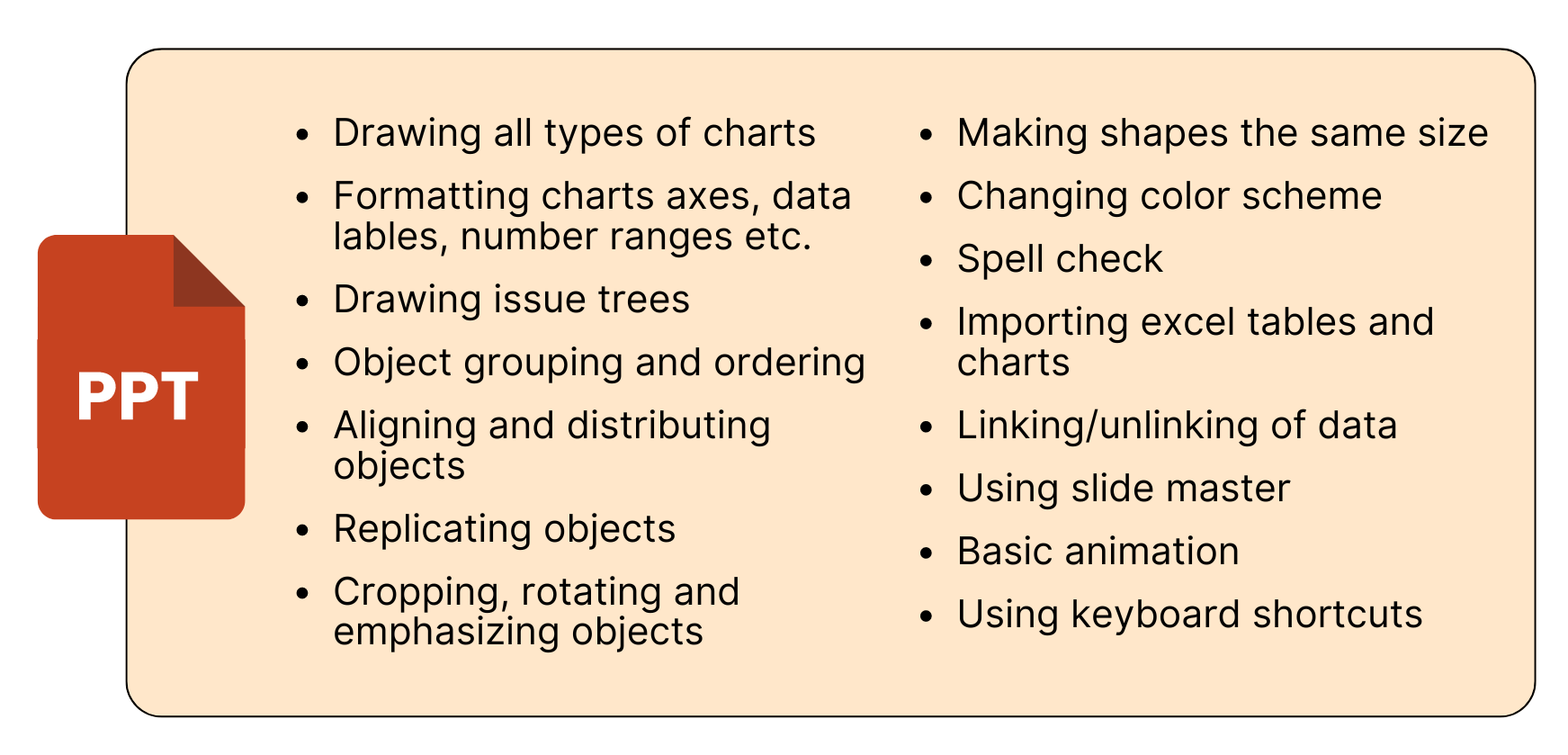
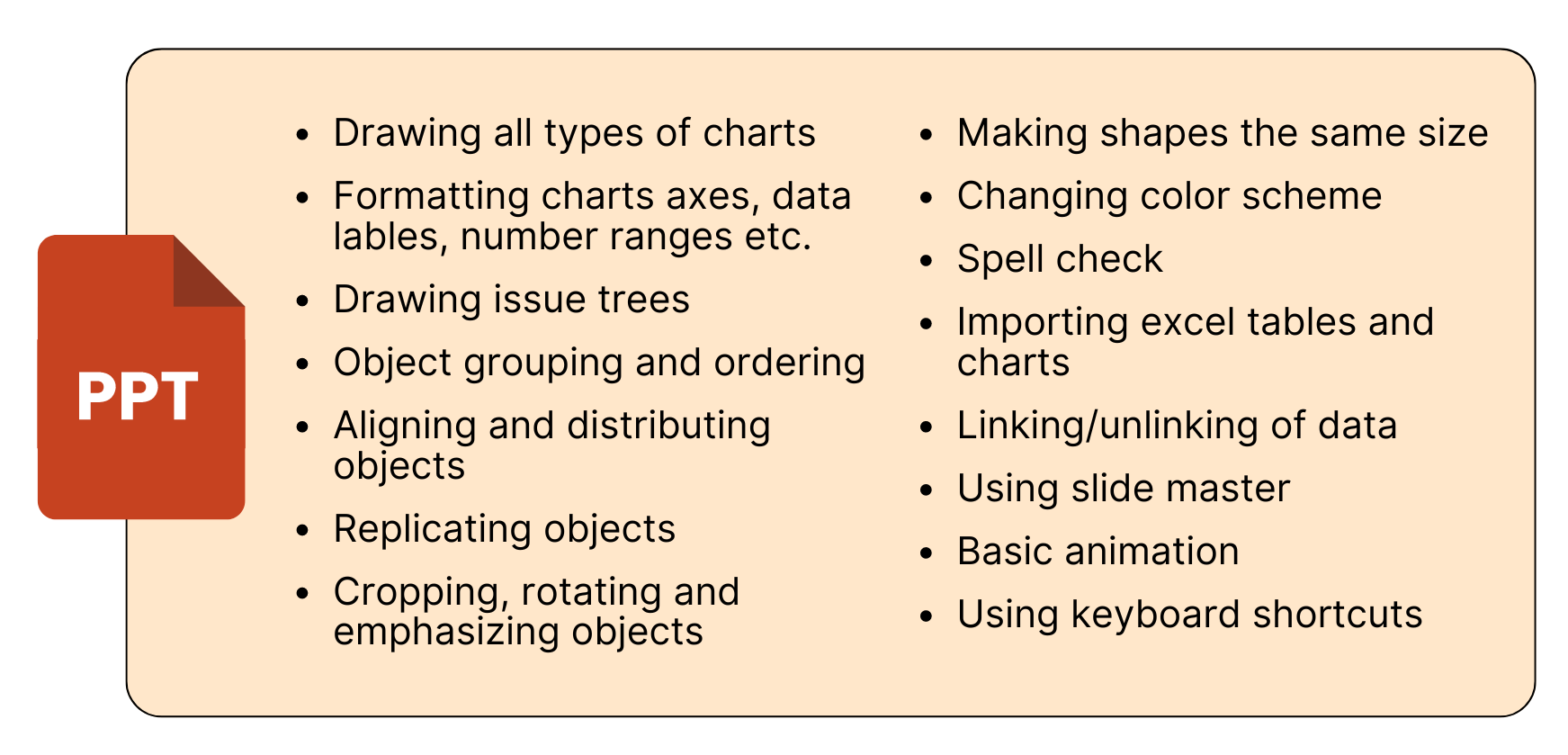
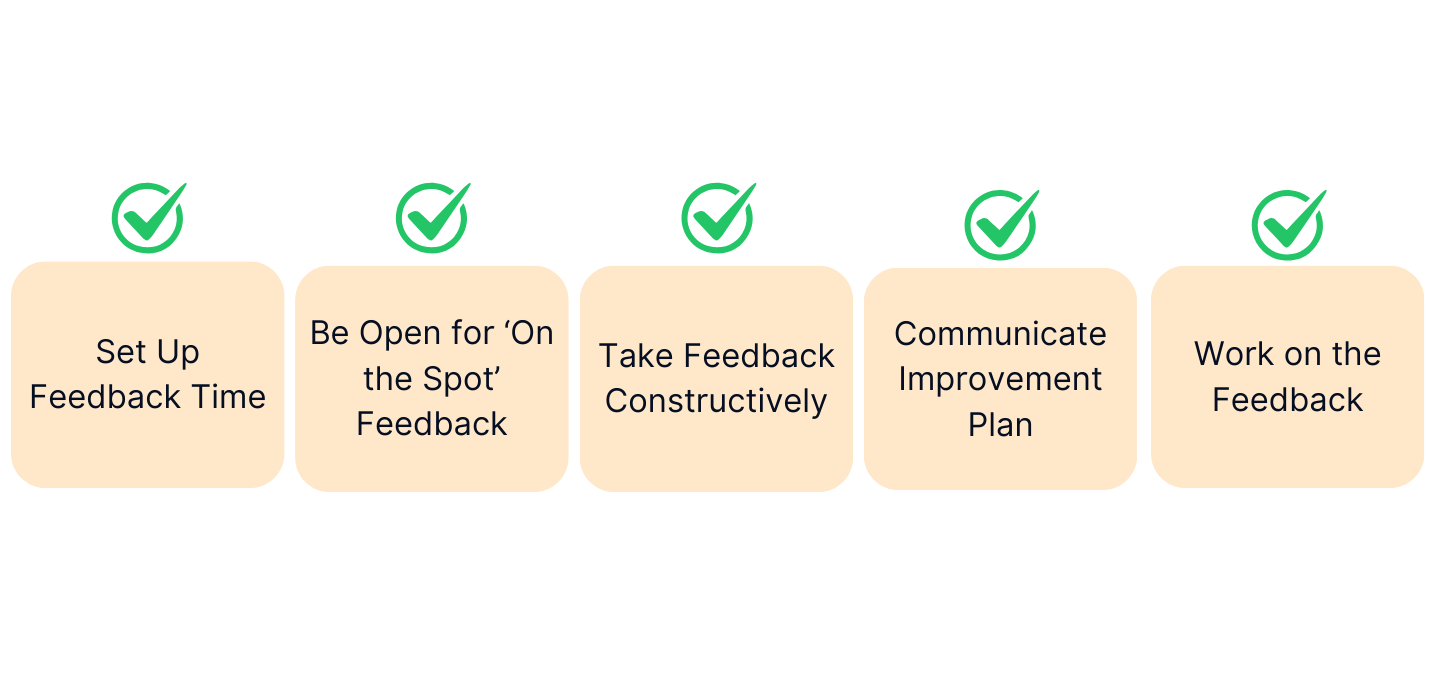
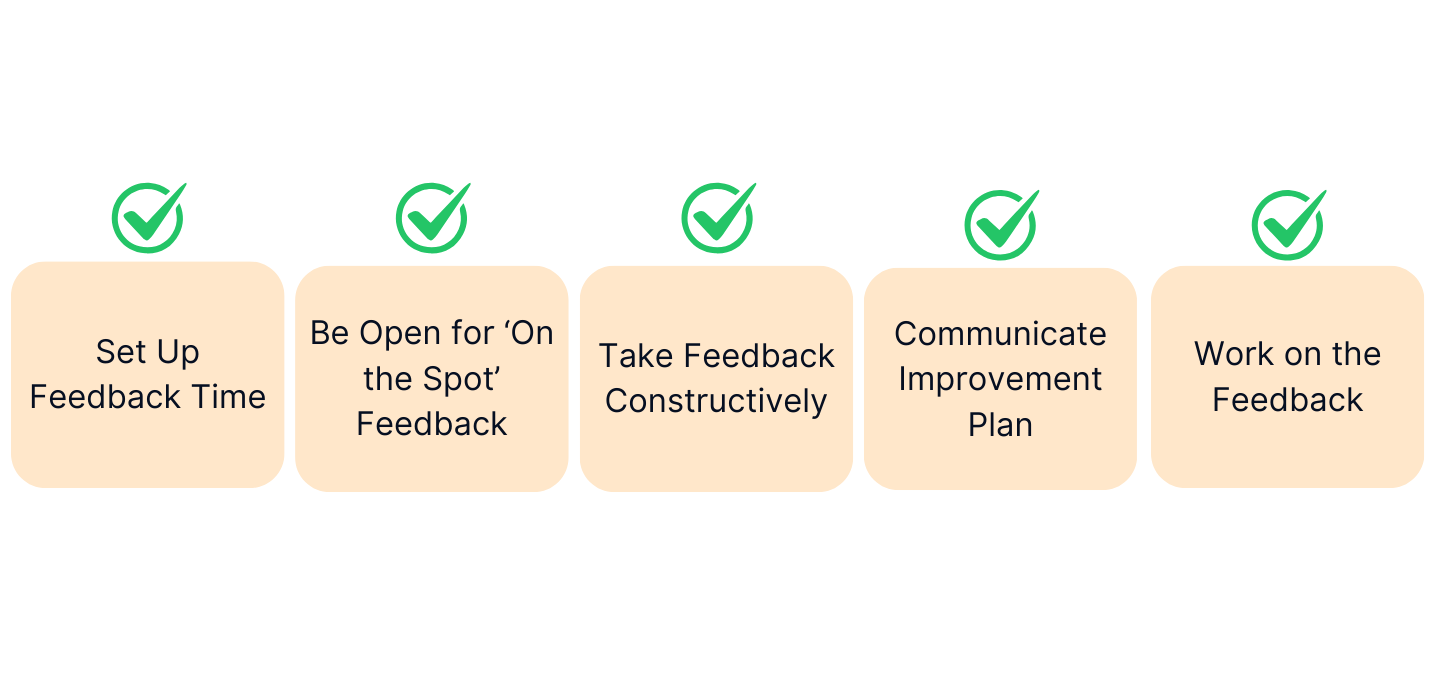
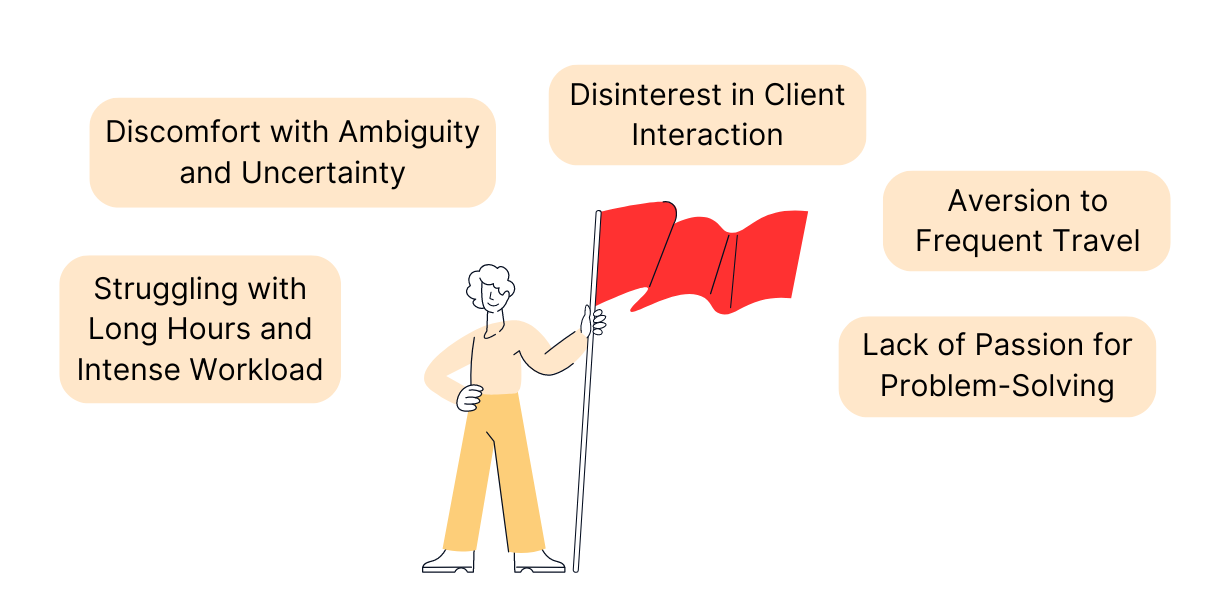
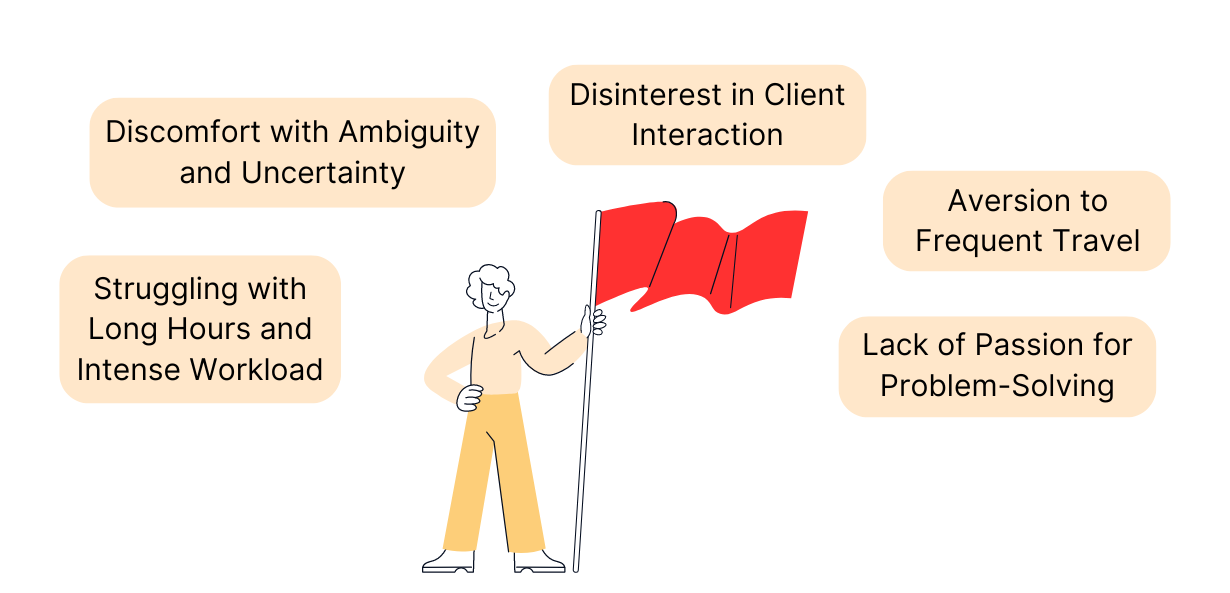
 Gaurav
Gaurav
